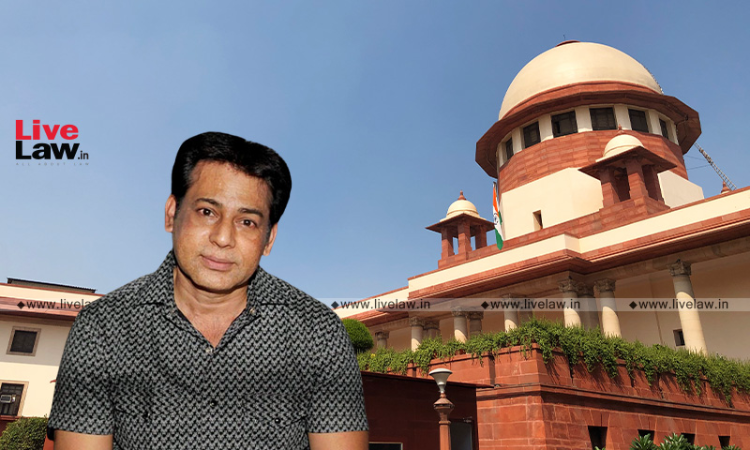Abu Salem's Plea Against Sentence Not Premature : Supreme Court Rejects MHA's Stance
Sohini Chowdhury
21 April 2022 1:55 PM IST

Next Story
21 April 2022 1:55 PM IST
The stand taken by the Union Ministry of Home Affairs that it is not the "appropriate time" to decide the issue relating to the sovereign commitment made to Portugal while extraditing Abu Salem has irked the Supreme Court.The Supreme Court, on Thursday, expressed that it did not appreciate the tenor of the affidavit filed by the Union Home Secretary in the Abu Salem case with respect to...
